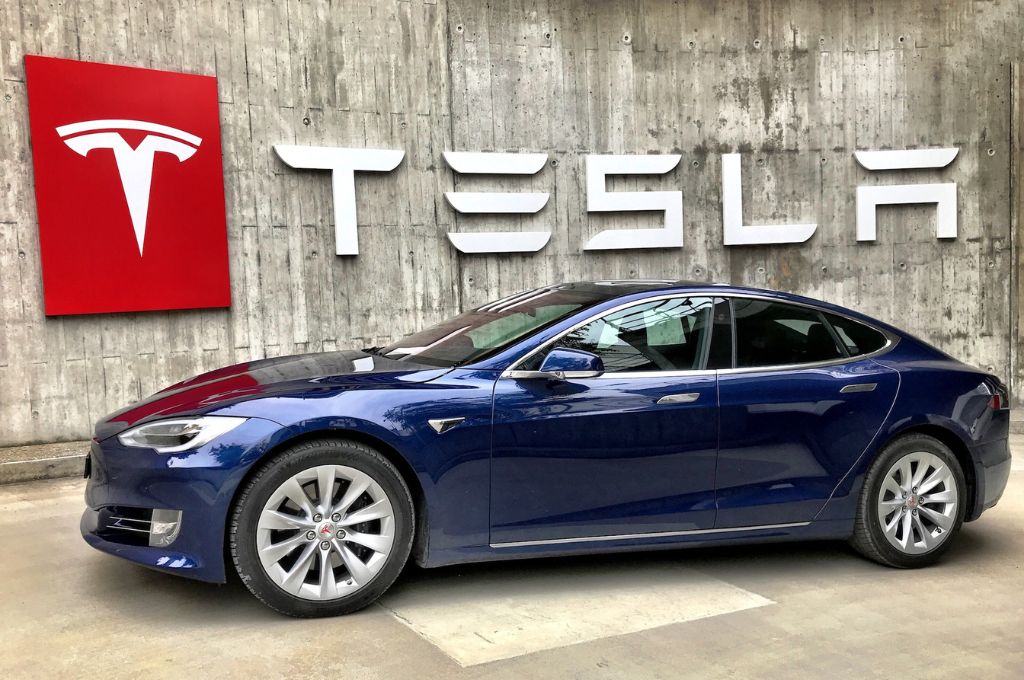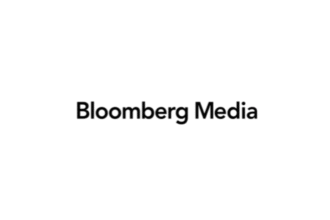As Tesla, the US electric vehicle (EV) giant, contemplates establishing a manufacturing base in India, it faces a challenging proposition. It has been suggested by Indian officials that the company should consider following Apple’s business model of partnering with local firms, as it juggles with its Chinese suppliers, according to three government insiders.
Over the past several weeks, Tesla has been engaged in discussions with Indian authorities regarding the establishment of a factory that could produce a $24,000 vehicle for domestic sales and exports. However, tensions between India and China could become a stumbling block in Tesla’s plans to incorporate Chinese suppliers into the proposed project.
Elon Musk, the visionary behind Tesla, is keen on broadening the company’s global footprint beyond its primary foreign base, China. However, the pace of regulatory approvals in China has been less than ideal for the rapidly growing electric car manufacturer.
If Tesla intends to construct a plant in India and maintain reasonable costs for an affordable EV, involving Chinese suppliers becomes inevitable. India lacks domestic suppliers for critical components like battery cells, which are imported even by the country’s largest EV maker, Tata Motors.
Tesla executives have expressed their desire to the Indian government to encourage their Chinese vendors to establish a local base, thereby enhancing the supply chain. However, approving wholly-owned Chinese firms in India could present challenges, considering the heightened scrutiny of Chinese enterprises following the 2020 border conflict.
To navigate this issue, Indian officials suggested Tesla adopt a similar approach to Apple. The tech titan has recently been successful in securing approvals to bring its Chinese suppliers to India, after finding local partners for joint ventures.
Apple’s growing supply chain in India, which includes Taiwan’s Foxconn assembling iPhones, serves as a promising model for Tesla. Over the past few months, the Indian government has been giving case-by-case approvals for Chinese suppliers’ joint ventures with Indian entities.
Despite this, India remains cautious about allowing Chinese companies, particularly automakers, to expand within its borders. This was exemplified last month when China’s BYD postponed its new $1 billion investment plan to build EVs in India after its proposal was heavily scrutinized by New Delhi.
An Indian official has voiced optimism for the prospect of pairing local and Chinese players, stating that Tesla’s demands for a separate ecosystem for their Chinese vendor base could be granted on a case-by-case basis if an Indian joint venture partner was involved. This could potentially pave the way for Tesla’s entry into India’s emerging EV market.
This news is based on an article published on business-standard.com.












